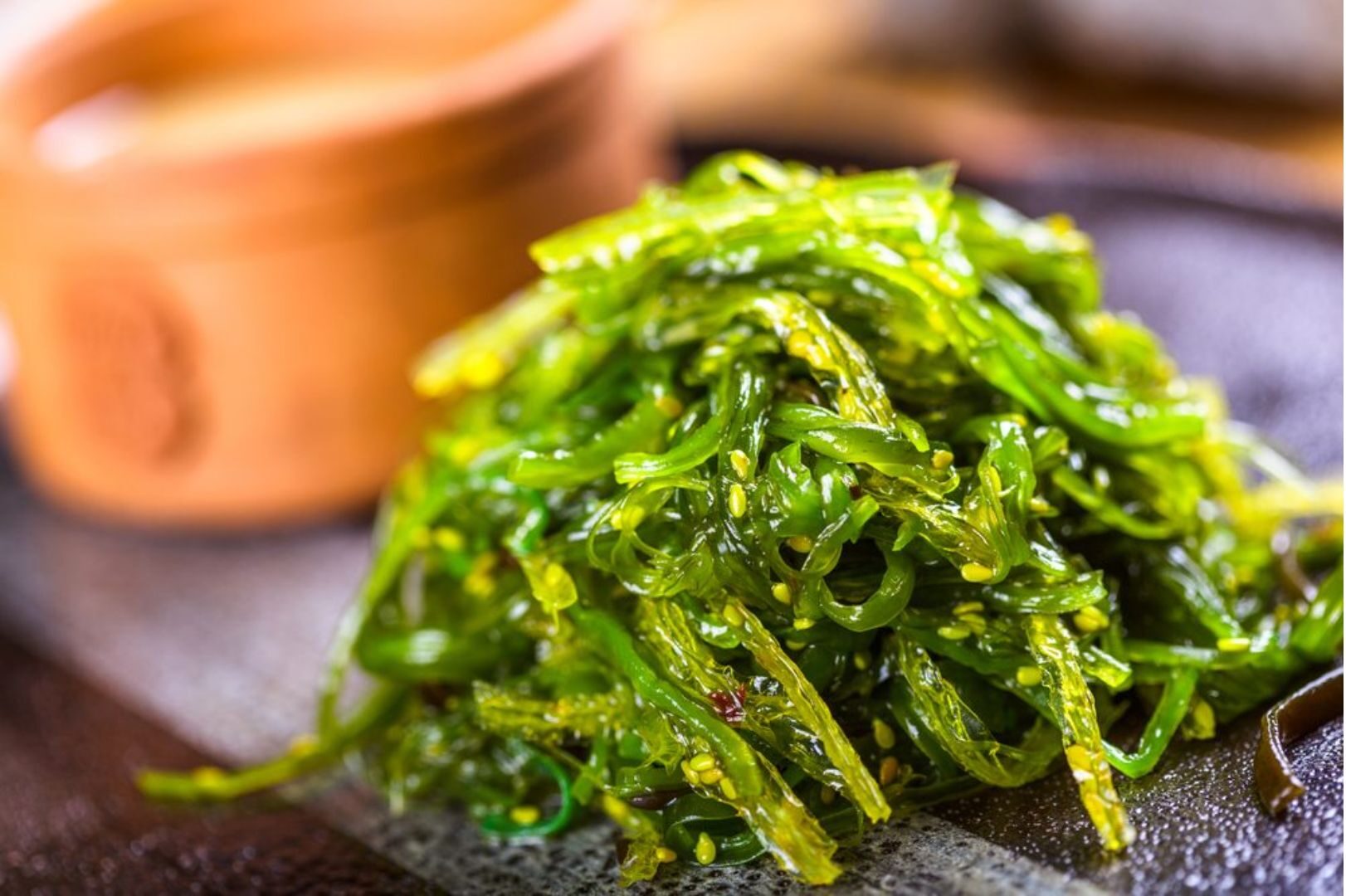
A recent study has highlighted the potential benefits of seaweed antioxidants in the fight against Parkinson’s disease, offering new hope for prevention strategies. Parkinson’s disease, a progressive neurological disorder that affects movement and motor skills, has long been a focus of research into dietary and lifestyle interventions that may help reduce risk.
Antioxidants are compounds that help combat oxidative stress, a condition where harmful free radicals damage cells and tissues. Oxidative stress has been implicated in the development and progression of various neurodegenerative diseases, including Parkinson’s. By neutralizing these free radicals, antioxidants can potentially protect neurons from damage and improve overall brain health.
Seaweed, particularly varieties like nori, kombu, and wakame, has been identified as a rich source of antioxidants. These marine plants contain compounds such as polyphenols, flavonoids, and carotenoids, which are known for their antioxidant properties. The study in question focused on these seaweed-derived antioxidants and their effects on neural health.
The research involved a series of experiments assessing the impact of seaweed antioxidants on cellular models and animal subjects. The findings suggest that these antioxidants can significantly reduce oxidative stress and inflammation in neural tissues. Specifically, compounds found in seaweed were observed to inhibit the formation of toxic protein aggregates associated with Parkinson’s disease.
The study indicates that seaweed antioxidants may work through several mechanisms to offer protective effects. These include:
While the study’s results are promising, researchers emphasize that more clinical trials are needed to confirm the benefits of seaweed antioxidants in human populations. Future studies will focus on determining effective dosages, understanding long-term effects, and exploring how these antioxidants can be incorporated into dietary recommendations.
For those interested in harnessing the potential benefits of seaweed antioxidants, incorporating seaweed into the diet is a practical approach. Seaweed can be consumed in various forms, including soups, salads, and snacks. However, it’s essential to consult with healthcare professionals before making significant dietary changes, especially for individuals with specific health conditions or concerns.
The study’s findings provide a promising glimpse into the potential role of seaweed antioxidants in preventing Parkinson’s disease. By reducing oxidative stress and inflammation, these compounds may offer a valuable addition to preventive strategies against neurodegenerative diseases. As research continues, seaweed could emerge as a key player in maintaining brain health and reducing the risk of Parkinson’s disease.















